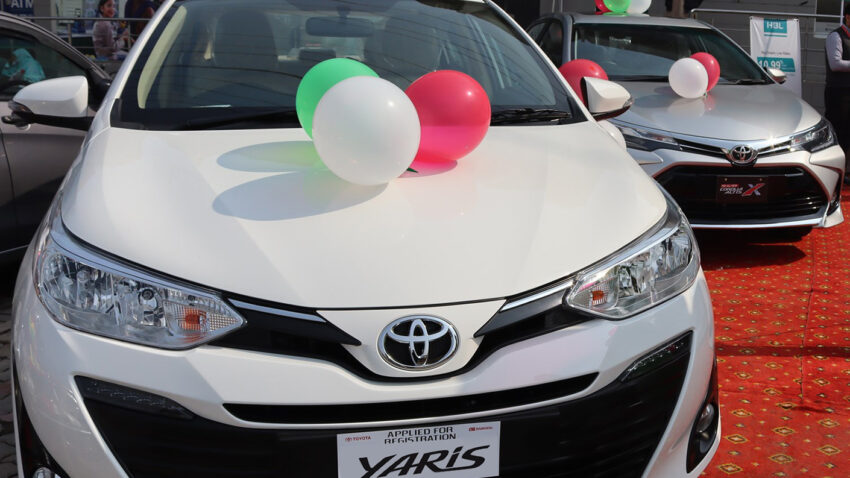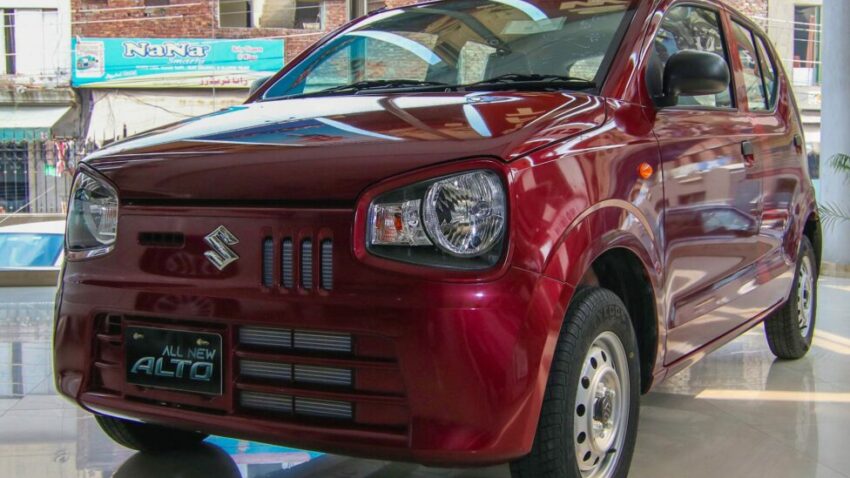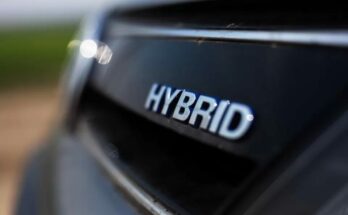Local auto assemblers anticipate a nearly 30% drop in sales in fiscal year 2022-23 in view of uncertainty after the increase in withholding tax on filers and non-filers, imposition of 1% capital value tax on vehicles exceeding 1,300cc, strict auto financing rules to compress demand, high interest rates and more price shocks ahead.
Related: Auto Sector Expects Rollercoaster Fiscal Year Ahead
According to a recent report published in Dawn, auto assemblers are flexing their muscles to pass on the impact of the continuous rupee devaluation against the dollar and high sea freight rates in the form of price hikes in vehicles after Eid-ul-Azha. Proton with the least number of sales under its belt has already announced a price increase in June with another likely on cards.

Indus Motor Company (IMC) has already closed down bookings of vehicles from 18th May, followed by Lucky Motor Corporation (LMC) from 20th May and Pak Suzuki from 1st July. These decisions were taken owing to looming exchange crisis and the SBP’s decision to disallow the opening of letters of credit (LCs) for the import of parts and accessories from 20th May 2022.
Related: Can’t Even Avail Auto Financing, Who’s Buying All These Cars?
IMC will also observe NPDs (Non Production Days) in July 2022 with others likely to follow suit. According to the CEO of IMC Ali Asghar Jamali, at least a 30% plunge in vehicle sales in FY23 is expected due to rising fuel prices, SBP’s restrictions on opening LCs for auto parts and new taxes imposed from 1st July 2022. On the chances of a price increase after Eid, Jamali said:
“There is no choice. We have to jack up prices.”
According to auto industry insiders, the impact of factors mentioned above will be visible from September 2022 sales data, as assemblers are currently upbeat over thousands of advance booking orders that are to be delivered in the next few months. Reportedly, around 35% of cars are booked via auto financing so its also going to be hampered by the tougher financing conditions.
Related: Car Financing Costs will Haunt You
Earlier, the government has indicated to conduct a forensic audit of local assemblers on the back of constantly rising car prices. The Ministry of Industries and Production formed the auto industry monitoring committee to check the industry for profiteering and keeping car prices high. The auto industry regulator Engineering Development Board (EDB) asked car makers to share their cost structure and rationalize frequent price hikes and threatened the industry of fixation of prices under the Price Control Prevention of Profiteering and Hoarding Act, 1977.

Major auto industry players however, declined to share their cost structures saying it was classified information. Moreover, Pakistan Automotive Manufacturers Association (PAMA), the representative body of local assemblers, said that the country had a free market, and it was the market that decided prices, not the state. Ali Asghar Jamali told media persons that if the government tried to fix car prices, Toyota would exit Pakistan.
Related: Free Market and the Import of CBUs
According to industry experts, the price fixing threats by the government is an eyewash just to appease public disdain for a while over frequent car price hikes. They said the government would not be taking any actions against the industry. Analysts believe the government also does not want car sales to increase since every car sold in the country would negatively affect Pakistan’s current account and subsequently foreign exchange reserves. Up to 90% of the cost of a car depends on imported CKDs, SKDs and raw material. Even the locally manufactured parts depend highly on imported raw material.

A computer animation professional with over 23 years of industry experience having served in leading organizations, TV channels & production facilities in Pakistan. An avid car enthusiast and petrolhead with an affection to deliver quality content to help shape opinions. Formerly written for PakWheels as well as major publications including Dawn. Founder of CarSpiritPK.com




